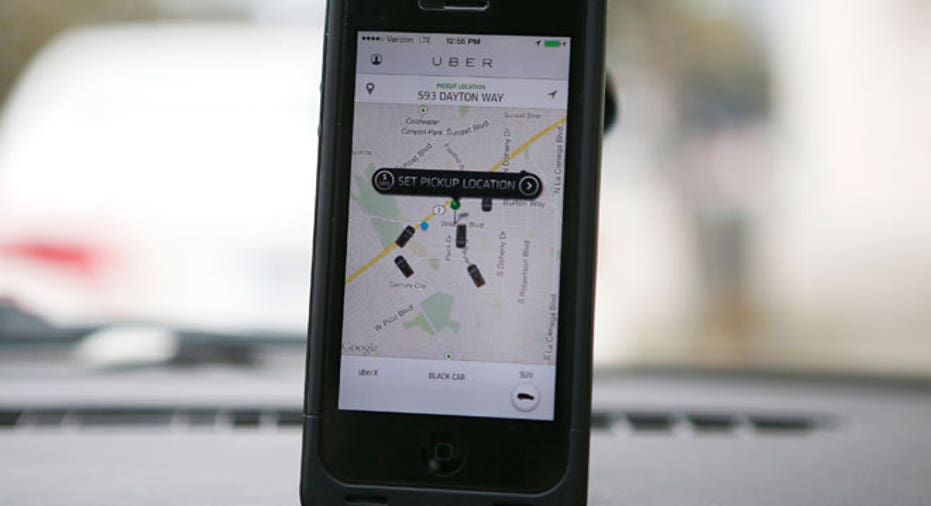Will Drama Derail the ‘Trust Economy?’

What’s the value of trust?
If you’re talking about Airbnb, which allows home owners to become hoteliers, the value of trust is $10 billion. For rideshare company Uber, it’s $17 billion.
Silicon Valley’s hottest companies, which are the heart of the new “sharing economy,” rely on customer trust -- but drama is also starting to enter the business landscape.
In early spring, Airbnb rentals in New York City were being turned into brothels to the dismay of their owners, and led to calls for more regulation over the industry.
Uber has faced cases of reported sexual assault, with a man in Los Angeles being arrested for allegedly kidnapping a woman with the intent of assaulting her.
Virginia has told both Uber and its competitor Lyft that they are not to operate in the state if their drivers are not licensed.
Business review site Yelp has also been the center of several lawsuits, with small businesses claiming their competitors are planting negative reviews on purpose to skew the market.
These scams and suits may seem like unwanted drama for the companies, but futurist Mike Walsh says they could be positive signs for the industry.
“This is a sign that these services are becoming big enough that we are starting to see scams,” he says. “That’s when scammers, con artists and criminals will try to leverage. And Uber’s valuation is as high as the value of Hertz and Avis put together, so people are looking for it to fail—you have to take these headlines with a grain of salt.”
The headlines are also unlikely to put a dent in consumers’ opinions of these services, Walsh says. “These services have become popular because the alternative is very expensive and not quite desirable,” he says. “It’s very expensive to get taxis, and they aren’t that safe. And, bad things happen in hotels all the time. The equation that everyone is running [in their minds] is ‘what are the chances this will happen?’”
Jon Rettinger, CEO and founder of technology site TechnoBuffalo.com, says both Uber and Airbnb may suffer from the headlines in the short-term. Airbnb has little leverage to change the situation, he says, and Uber may be pressed to increase its security measures.
“It gives me pause,” he says. “And I am usually the first person to jump into new technology. There are more safety concerns with Uber and Lyft than there are with other cabs, but that doesn’t mean you shouldn’t use them, it just means that you should be prudent.”
As for Yelp, the company has been accused of extortion several times by businesses that were well-reviewed and opted to not advertise on the site. Businesses have claimed their positive reviews disappeared from the site after their refusal to advertise, which Rettinger says could impact consumer adoption.
“It won’t impact the uneducated consumer, but Yelp has a huge influence on where people go. It’s like the mafia asking for money for protection—it’s bullying, it’s illegal and a steep price to pay.”
Walsh is more bullish on the trust economy and says it will only continue to flourish, but not just because of its innovations. He says the new sharing economy is a sign of the times and a result of the shrinking middle class.
“People talk about it as if it’s this wonderful, new egalitarian thing,” he says. “Like with Task Rabbit, people are spending their days driving other people around in their cars. Given the choice, do you really want to do that? Once you get to a certain point, it’s not cool, it’s because you need the money.”



















